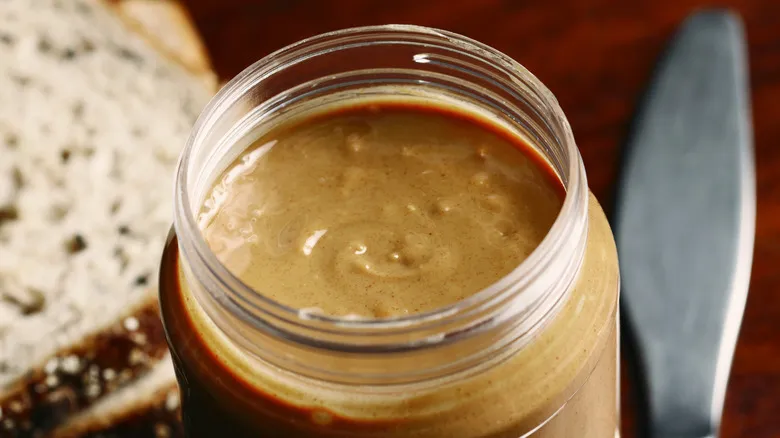Conventional and natural peanut butters age differently
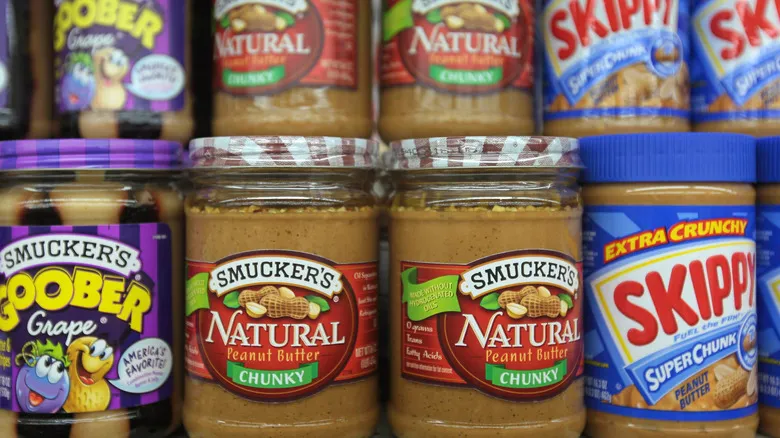
While a peanut butter and jelly sandwich is a beloved classic enjoyed by people of all ages, opinions diverge when it comes to the type of peanut butter. There are those who champion crunchy peanut butter and those who prefer creamy. Some individuals exclusively choose all-natural peanut butter, which typically contains just peanuts and salt, while others opt for conventional varieties that include added oils and preservatives.
Regardless of personal taste, conventional peanut butter tends to require less stirring and has a slightly longer shelf life. Once opened, conventional peanut butter can last about three months in the pantry, whereas natural options may spoil in as little as one month. Although you might not see obvious signs of spoilage, such as mold, it can still occur. To determine if your peanut butter has gone bad, rely on your senses: check for any off or stale smells and examine the texture. In the case of all-natural peanut butter, a normally creamy and spreadable consistency may become dry, crumbly, and darker when it has spoiled. This is distinct from the typical separation that occurs in all-natural varieties, which is safe and expected—just a signal that it needs to be stirred. If stirring doesn’t restore a smooth texture and it remains dry or hard to mix, it’s likely time to discard it.
Keep peanut butter refrigerated for a long lifespan
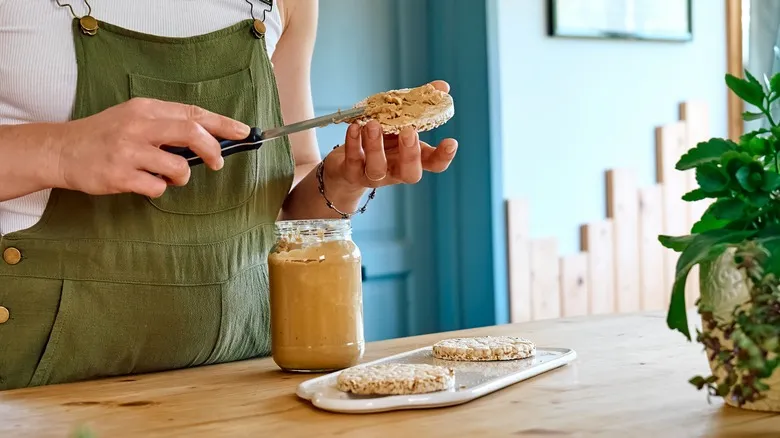
Peanut butter is tasty, packed with protein, and contains healthy fats that help you feel full for longer. However, like many grocery items these days, it can be pricey. As we all seek ways to cut costs at the grocery store, it's important to remember that saving money also involves minimizing food waste at home. One simple method to extend the shelf life of any peanut butter you purchase—whether it's crunchy or creamy, natural or conventional—is to refrigerate it after opening. This practice can significantly reduce waste.
For natural peanut butter varieties that lack added preservatives or stabilizers, refrigeration is essential rather than storing them in the pantry. This can extend the optimal freshness of peanut butter from two to three months to as long as nine months, making it an obvious choice. Keeping your natural peanut butter in the fridge can also prevent separation, sparing you the hassle of having to re-mix it every time you want to use it. While it's not necessary to refrigerate conventional peanut butter, doing so will certainly help it last longer, giving you extra time to whip up those homemade peanut butter cookies you've been planning.
Recommended
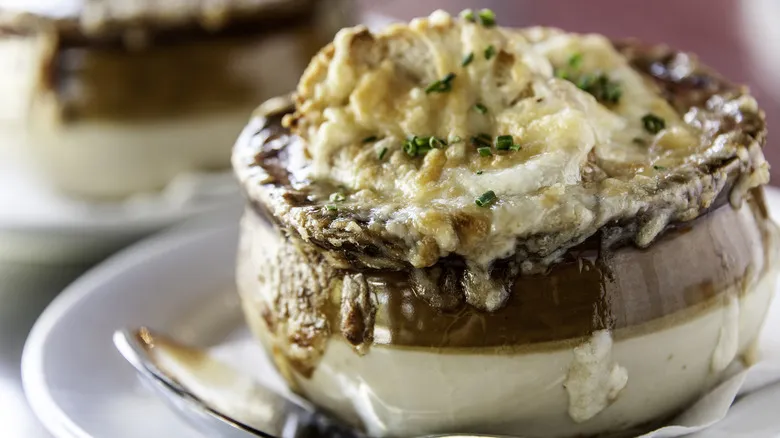
The Kitchen Torch Method For Hassle-Free French Onion Soup
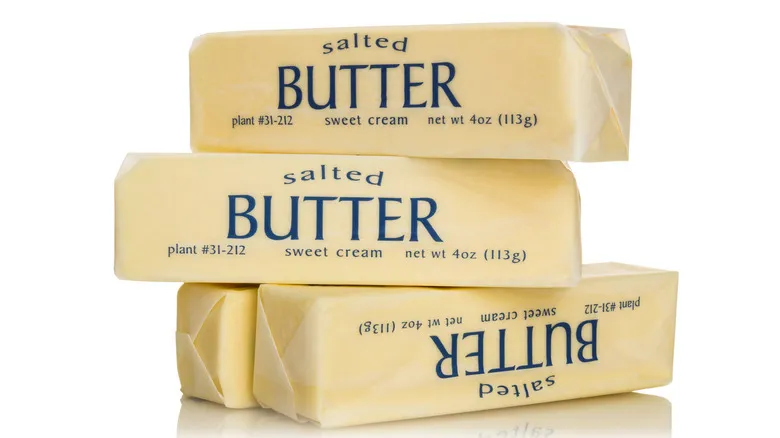
Why You Should Soften Sticks Of Butter Standing Up
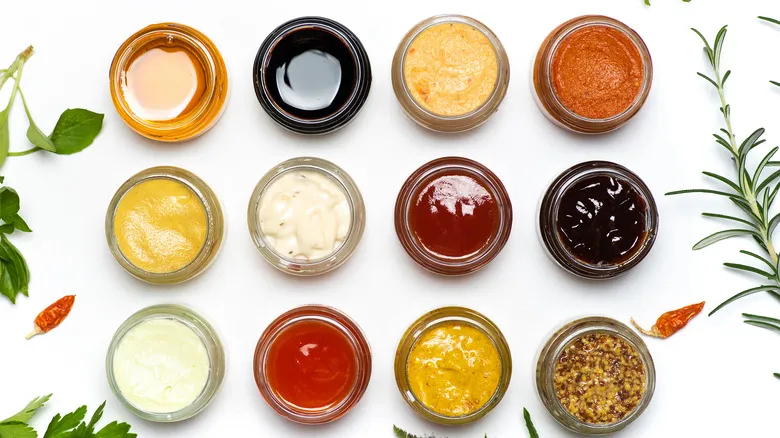
How Paying For Gourmet Condiments Saves You Money
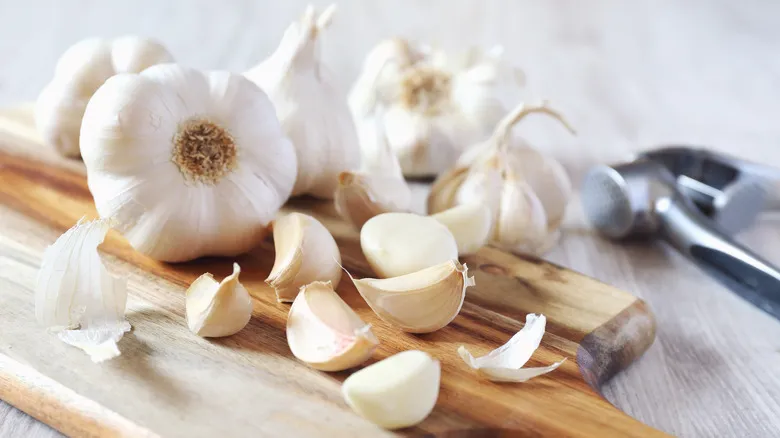
The Convenient Microwave Hack For Peeling Garlic In No Time
Next up

